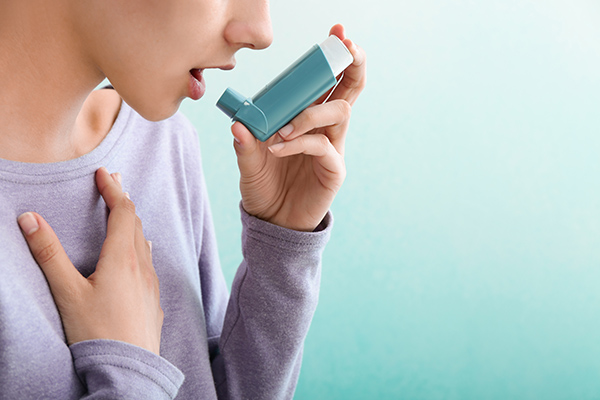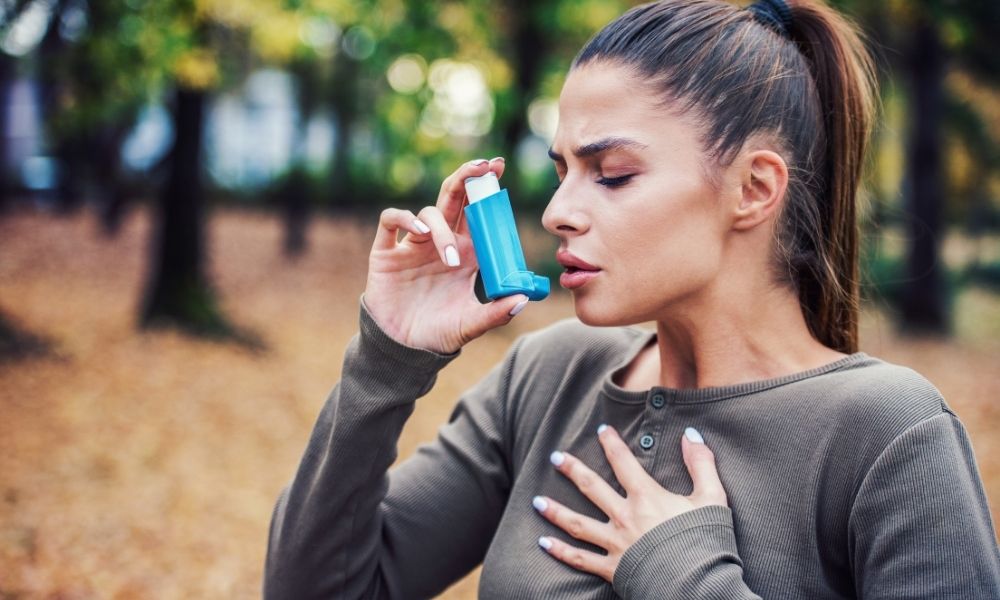Exercise-Induced Asthma: Causes, Symptoms, and Management

Exercise is an essential part of a healthy lifestyle, but for some people, it can trigger asthma symptoms. This condition is known as exercise-induced asthma or exercise-induced bronchoconstriction. It affects around 10% of the general population and up to 90% of people with asthma. In this article, we will discuss the causes, symptoms, and management of exercise-induced asthma.
Causes of Exercise-Induced Asthma

During exercise, the body warms up, and the airways become dry, cool, and narrow. This causes the airways to become inflamed, leading to asthma symptoms. The exact cause of exercise-induced asthma is not known, but it is believed to be due to a combination of factors, including:
- Genetics
- Environmental factors
- Poor lung function
- Increased exposure to allergens
- Increased exposure to pollution
Symptoms of Exercise-Induced Asthma
The symptoms of exercise-induced asthma can range from mild to severe and can occur during or after exercise. Common symptoms include:
- Coughing
- Wheezing
- Chest tightness
- Shortness of breath
- Rapid breathing
If you experience these symptoms during or after exercise, it is essential to speak to your doctor to determine if you have exercise-induced asthma.
Management of Exercise-Induced Asthma

There is no cure for exercise-induced asthma, but it can be managed with the following treatments:
- Short-acting beta-agonists: These are inhalers that provide quick relief for asthma symptoms. They should be used 10-15 minutes before exercise.
- Long-acting beta-agonists: These are inhalers that provide long-term relief for asthma symptoms. They should be used 30 minutes before exercise.
- Inhaled corticosteroids: These are inhalers that reduce inflammation in the airways and prevent asthma symptoms. They should be used daily.
- Leukotriene modifiers: These are tablets that reduce inflammation in the airways and prevent asthma symptoms. They should be taken 2 hours before exercise.
- Asthma action plan: This is a personalized plan created by your doctor that outlines the steps you should take if you experience asthma symptoms during or after exercise.
It is also essential to warm up before exercise, avoid exercising in cold or dry conditions, and avoid triggers that can worsen asthma symptoms, such as allergens and pollution.
Exercise is an essential part of a healthy lifestyle, but for people with exercise-induced asthma, it can be challenging to manage. By understanding the causes, symptoms, and management of exercise-induced asthma, you can work with your doctor to develop a personalized plan that allows you to exercise safely and comfortably.




